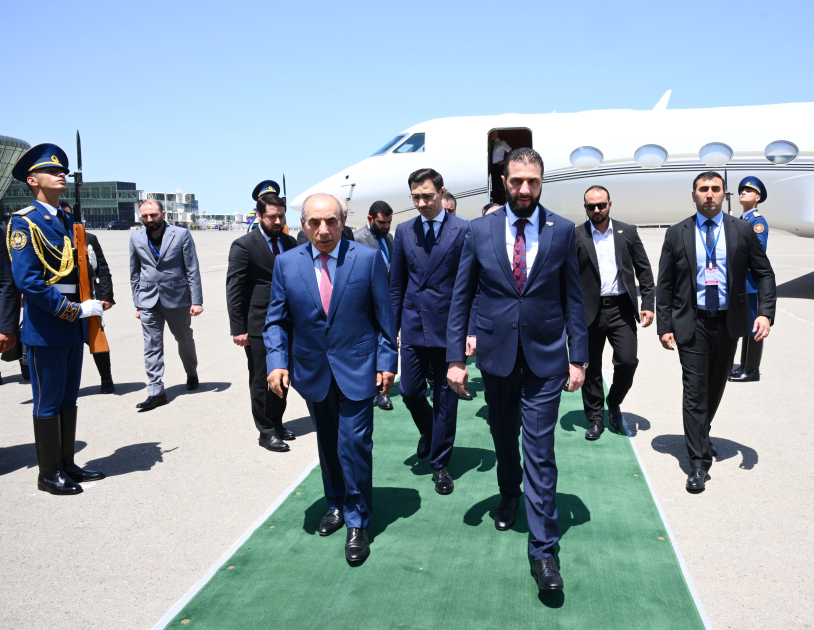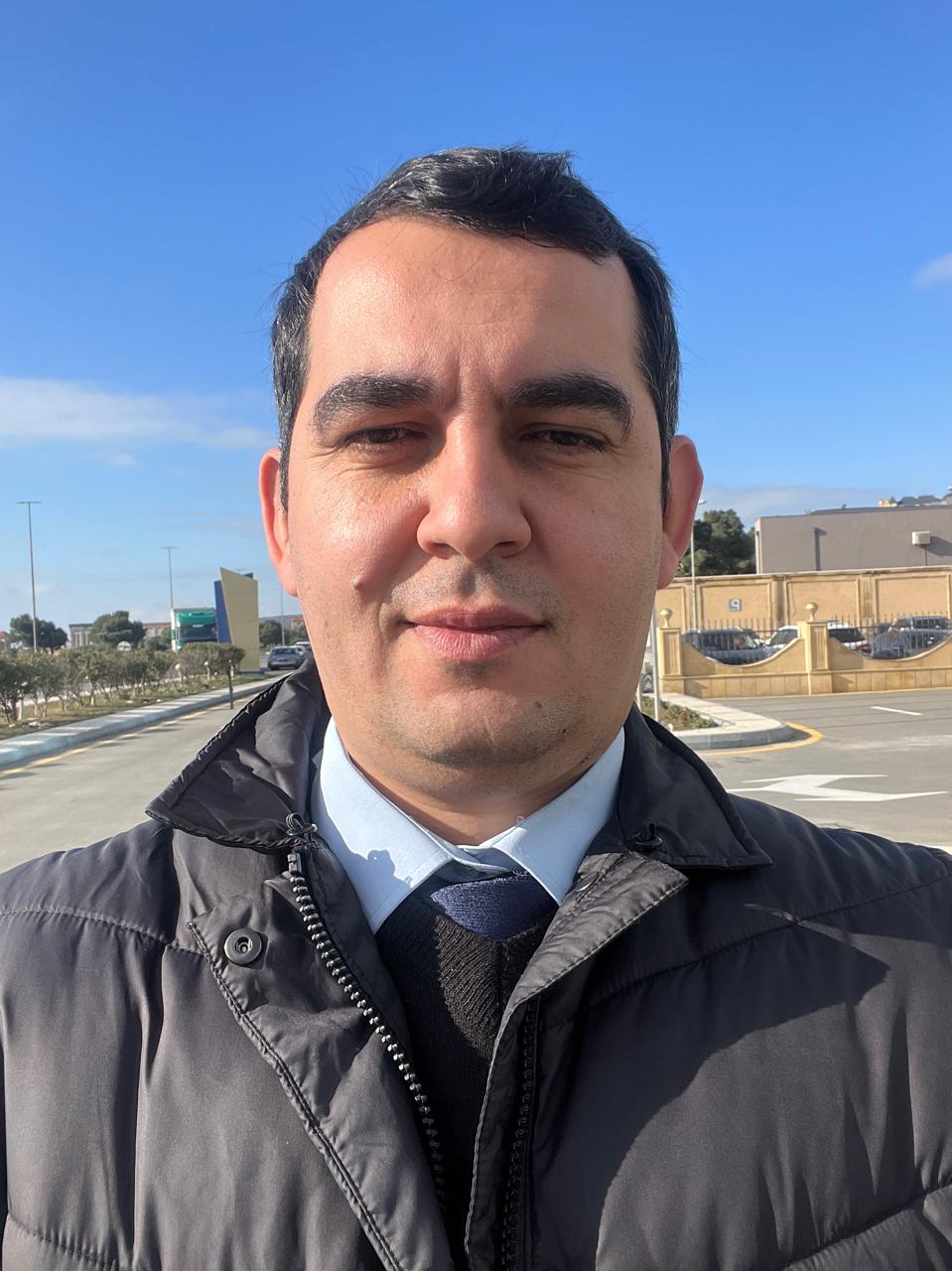BAKU, Azerbaijan, July 12. The business visit of Syria's Interim President Ahmad Al-Sharaa to Azerbaijan holds strategic significance not only for reviving bilateral relations but also within the context of shifting geopolitical dynamics in the Middle East. This visit highlights Azerbaijan’s growing international role, its evolving foreign policy in the post-war period, and its expanding diplomatic outreach from the South Caucasus to the Middle East.
Recent political changes in Syria and the establishment of a new government under Al-Sharaa mark a turning point toward ending the country’s international isolation and reintegration into the regional system. Azerbaijan is among the first countries to seek renewed engagement with Syria during this transition period.
Previously, President Ilham Aliyev and Ahmad Al-Sharaa met during a forum in Antalya, where they discussed bilateral and regional issues—laying the groundwork for further diplomatic engagement.
Following its full restoration of sovereignty after the Karabakh victory, Azerbaijan has adopted a more active and multidimensional foreign policy. The Middle East has become one of the priority regions alongside Europe and Central Asia. Supporting Syria’s territorial integrity and sovereignty has become a key pillar of this broader strategy.
Azerbaijan's rapid and innovative reconstruction efforts in its liberated territories—including smart villages, green energy development, infrastructure restoration, and demining—have drawn international attention. These experiences closely align with Syria’s post-conflict rebuilding needs.
As part of President Aliyev’s directive, a delegation led by Deputy Prime Minister, Samir Sharifov, visited Syria to assess potential areas of Azerbaijani support—an example of “development diplomacy” that merges political intention with practical cooperation.
With Azerbaijan’s natural gas gaining importance in global markets, the country is now exploring new export destinations beyond Europe. The possible export of Azerbaijani gas to countries like Türkiye, Iraq, and Syria is now seen as a strategic goal. During Al-Sharaa’s visit, potential pathways for supplying gas to Syria are being explored—a step that could both meet Syria’s energy needs and strengthen Azerbaijan’s role in regional energy security.
Azerbaijan’s diplomatic engagement is not confined to bilateral relations. The country has long played a behind-the-scenes role in conflict mediation in tense regions. It has been actively involved in facilitating indirect contacts between Syria and Israel and in easing tensions within the Türkiye-Israel-Syria triangle. The establishment of a "hotline diplomacy" mechanism initiated by Azerbaijan is seen as a crucial tool to reduce regional conflict potential and foster dialogue.
Azerbaijan’s rising influence in the region is closely tied to President Ilham Aliyev’s well-regarded international stature. His balanced and principled approach continues to attract new partners. The relationship with Syria’s transitional leadership is viewed as a direct outcome of this diplomacy.
Al-Sharaa’s visit marks the beginning of a new phase in Azerbaijan’s diplomatic architecture. The country is positioning itself equidistantly from geopolitical and geoeconomic power centers, expanding its influence on the global diplomatic stage. The developing partnership with Syria now extends beyond renewed ties—embracing cooperation in post-war reconstruction, energy, infrastructure, mediation, and regional security.
This visit will be remembered as a clear demonstration of Azerbaijan’s multi-vector and pragmatic foreign policy. With its rising diplomatic profile and independent course, Azerbaijan is establishing itself as a trusted and influential player not just in the region, but in global affairs.
Stay up-to-date with more news on Trend News Agency's WhatsApp channel







